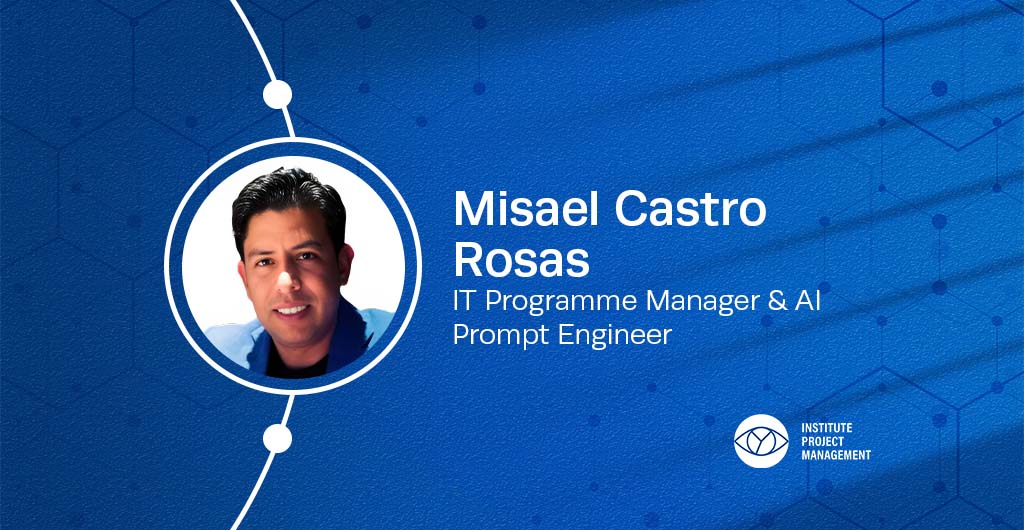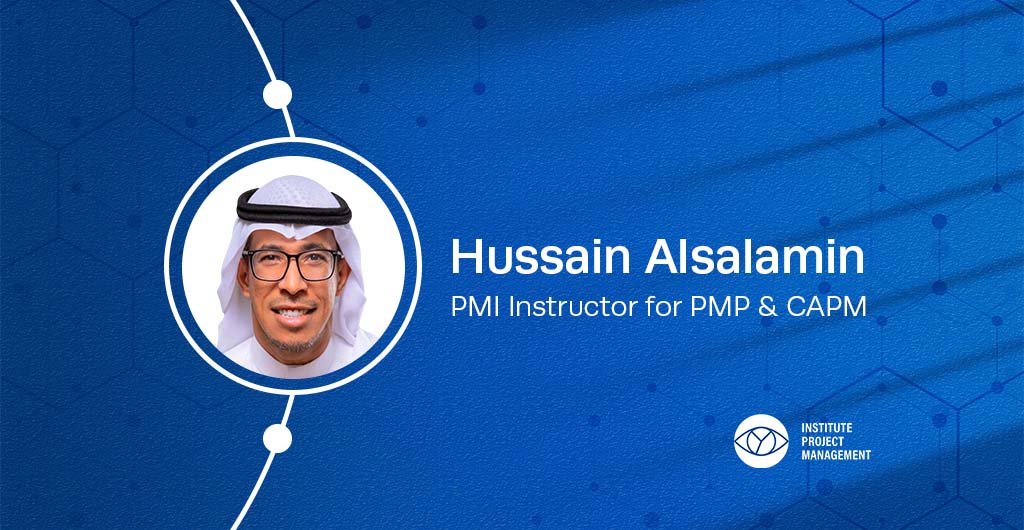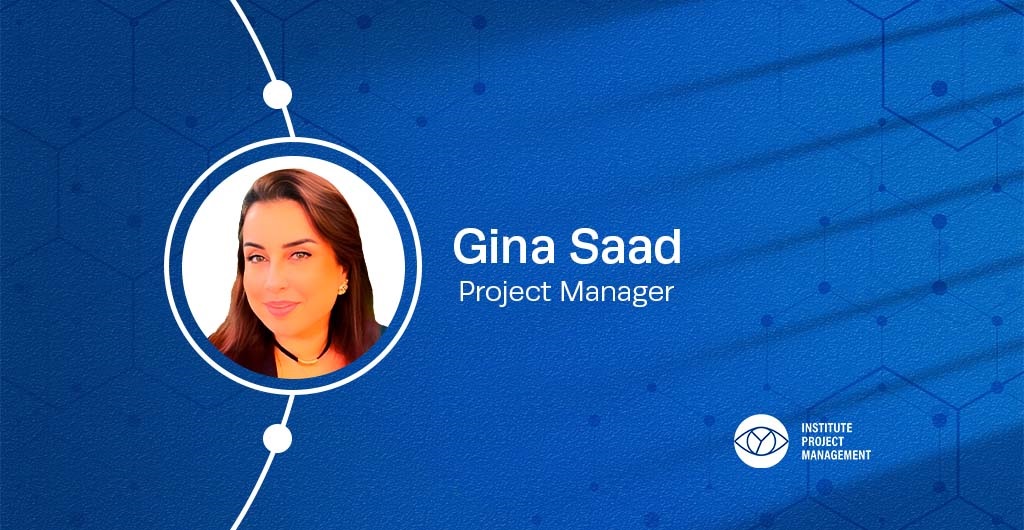Need advice? Call Now, Schedule a Meeting or Contact Us


Speak to an advisor
In this article, Billal Ben-Redouane discusses the dynamic shifts in project management practices and the crucial factors reshaping the industry.

The project management field has undergone significant transformations driven by emerging trends, innovative methodologies, and the necessity to adapt to new business demands. This article explores the dynamic shifts in project management practices, highlighting the factors reshaping the industry and providing insights into future directions.
The history of project management is marked by critical milestones that have shaped its evolution:
Digital technologies have transformed project management, streamlining processes and enhancing collaboration. Cloud-based tools, real-time data analytics, and other innovations have significantly impacted project management, enabling greater efficiency and effectiveness (Kerzner, 2019).

Agile methodologies have revolutionised project management practices by promoting a more adaptive, customer-centric, and value-driven mindset. Initially adopted in software development, agile principles have gained widespread acceptance across various industries. This is due to their ability to deliver value faster, improve stakeholder engagement, and foster continuous improvement (Schwaber & Sutherland, 2017).
The use of data analytics in project management has become increasingly prevalent, with many projects leveraging data across different phases (Davenport & Harris, 2007):
Data-driven decision-making helps optimise project performance and ensure alignment with business objectives (Kerzner, 2019).
Several platforms and tools have emerged to facilitate collaboration and project management.
The evolving project management landscape demands a diverse set of skills:
Global collaboration has become a pillar of modern project management, necessitating the use of video conferencing, project timelines, and cultural awareness to manage diverse teams effectively. Tools and practices for global collaboration include:
Project managers are increasingly tasked with incorporating ESG metrics into project planning and execution. This involves setting measurable goals related to environmental impact, social responsibility, and governance practices. Projects are evaluated not only on financial performance but also on their ability to meet ESG targets, such as reducing carbon footprints, enhancing community engagement, and ensuring ethical governance (Elkington, 1997).
Sustainable resource management is becoming a priority, focusing on minimising waste and optimising resource utilisation. This includes adopting circular economy principles, where materials are reused and recycled, and ensuring that procurement practices favour sustainable and ethically sourced materials (Geissdoerfer et al., 2017).
Incorporating ESG considerations into risk management practices helps identify risks such as environmental regulations, social backlash, environmental regulations or governance failures. Proactively addressing these risks can prevent costly project delays and reputational damage (Epstein & Buhovac, 2014).
Transparent communication with stakeholders about ESG initiatives and progress is crucial. It helps build trust and demonstrates a commitment to sustainable practices (GRI, 2023; SASB, 2023).
Ongoing training and development programs are essential as they equip project managers with the knowledge and skills needed to integrate sustainability and ESG principles into their projects. This includes understanding regulatory requirements, best practices in sustainable project management, and tools for measuring and reporting ESG performance (UN Global Compact, 2023).

Below are some key trends that need to be kept in consideration because they are likely to be the future of project management:
The future of project management is anticipated to be profoundly influenced by the above key trends. These trends are rooted in the ongoing advancements in technology, evolving business environments, and a growing emphasis on sustainability and ethical governance. This chapter provides a detailed examination of these trends and their implications for the future of project management.
Projects will need to align with sustainability goals, ensuring that resource utilisation, waste management, and environmental impact are optimised. (Geissdoerfer et al., 2017).
The incorporation of ESG metrics into project management frameworks will necessitate the development of robust measurement and reporting systems. Project managers will need to set measurable goals related to environmental impact, social responsibility, and governance practices. The use of frameworks such as the Global Reporting Initiative (GRI) and the Sustainability Accounting Standards Board (SASB) will facilitate consistent and transparent reporting, helping organisations demonstrate their commitment to sustainability (GRI, 2023; SASB, 2023).
To effectively integrate sustainability and ESG principles, ongoing training and development programs will be essential. Project managers will need to be equipped with the knowledge and skills which includes understanding regulatory requirements, best practices, and tools for measuring and reporting ESG performance (UN Global Compact, 2023).
Artificial Intelligence (AI) and automation technologies are poised to revolutionise project management by automating routine and repetitive tasks. This includes progress tracking, resource allocation and scheduling. By reducing the time and effort required for these activities, project managers can focus on more strategic aspects of project management (Kerzner, 2019).
AI-driven predictive analytics will enhance decision-making capabilities by providing data-driven insights into project performance and potential risks. These emerging technologies are powerful enough to analyse historical data to identify patterns. They can also predict future outcomes, enabling proactive management of possible issues. AI tools will also support scenario planning, helping project managers assess the impact of different decisions and choose the best course of action (Davenport & Harris, 2007).
AI-powered collaboration tools will facilitate more effective communication and coordination among project teams. These tools can automate meeting scheduling, document sharing, and real-time communication, improving the efficiency of remote and distributed teams. Natural language processing (NLP) capabilities will enable better understanding and analysis of communication patterns, helping teams to identify and resolve issues more quickly (Kerzner, 2019).
The adoption of agile methodologies is expected to continue expanding beyond its origins in software development to a wide range of industries. Sectors such as manufacturing, healthcare, and finance are increasingly recognising the benefits of agile approaches, including enhanced flexibility, improved stakeholder engagement, and faster delivery of value. Agile principles such as iterative development, customer collaboration, and adaptability to change will become more embedded in organisational cultures (Schwaber & Sutherland, 2017).
The future of project management will likely see the development and adoption of hybrid agile frameworks that combine elements of traditional and agile methodologies. These hybrid approaches will allow organisations to tailor their project management practices to their specific needs. For example, hybrid frameworks may incorporate the structured planning and documentation of traditional project management with the iterative and flexible nature of agile methodologies (Fitzgerald et al., 2013).
The successful deployment and adoption of agile approaches will depend heavily on strong governance and leadership. Project managers will need to develop skills in agile leadership, including the ability to empower self-organising teams and facilitate collaboration across organisational boundaries. Governance structures will need to support agile practices by providing clear guidelines and frameworks for decision-making, risk management, and performance measurement (Schwaber & Sutherland, 2017).
The trend towards remote and hybrid work models is expected to continue, driven by advancements in digital collaboration tools and changing employee preferences. Remote work offers benefits such as access to a broader talent pool, more flexibility and potential cost savings. Project managers will need to develop strategies for managing remote teams effectively, including the use of video conferencing, collaborative platforms, and asynchronous communication methods (Gido & Clements, 2020).
Managing remote and hybrid teams presents unique challenges, such as maintaining team cohesion, ensuring effective communication, and managing time zone differences. Project managers must address these challenges by fostering a strong team culture, implementing robust communication protocols, and using tools that support real-time and asynchronous collaboration. Cultural sensitivity and awareness will also be necessary for managing diverse, globally distributed teams (Hofstede, 1980).
Technological innovations will be critical in supporting remote and hybrid work models. Technologies such as virtual reality (VR), augmented reality (AR), and virtual reality (VR) can enhance remote collaboration by creating immersive virtual workspaces. These technologies can facilitate more engaging and interactive meetings, training sessions, and team-building activities. (Kerzner, 2019).
The future of project management is characterised by significant transformations driven by sustainability, technological advancements, agile methodologies, and the expansion of remote and hybrid work models. Project managers must adapt to these changes by developing new skills, embracing innovative tools and practices, and fostering a culture of continuous improvement. By integrating sustainability and ESG principles, leveraging AI and automation, adopting agile frameworks, and effectively managing remote teams, organisations can achieve greater efficiency, adaptability, and long-term success.
References














